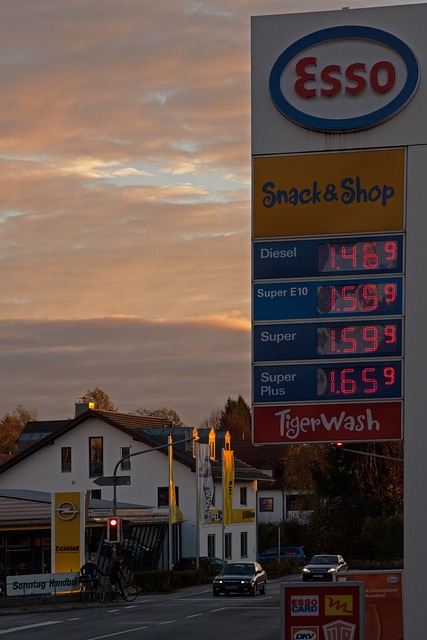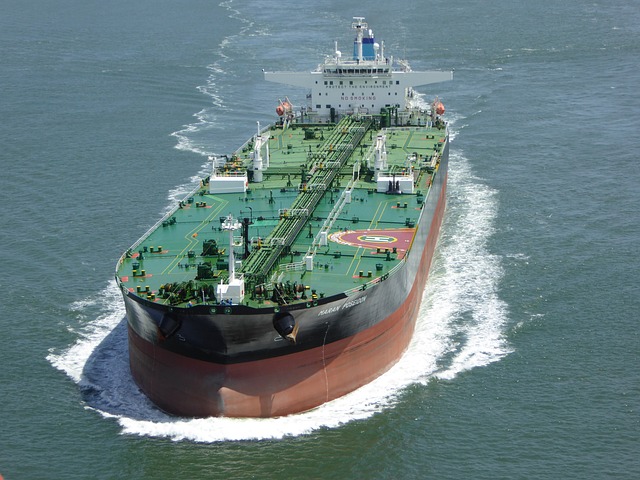
As the UK’s economic gloom train thunders on, here’s one bit of good news: petrol and diesel prices have finally come down a bit.
The big question is, what’s next?
Is this just a blip before prices rocket up again… or can we cautiously wave goodbye to last year’s craziness?
In this two-parter, we’ll do our best to answer that.
How are petrol and diesel
prices doing right now?
UK petrol and diesel prices have been dropping from their peak about a year ago:
- On the 6th July last year, petrol hit an average of 191p per litre, with diesel at 198.9p.
- On May 14th, the RAC announced that petrol had fallen below 145p a litre for the first time in 18th months.
- As we write this, prices are just a tad below that (143.4 and 144.5 respectively).
So, prices are a lot healthier than they were last summer, but fuel is still way pricier than in 2018 – 2020, when the cost for a litre of fuel was hovering around the 120 -130p mark. And of course, this is nowhere near the pandemic dip down to the 110s!
The good news is that the trend for a whole year has been pretty consistent – and in the right direction for motorists.
If you want to get a twenty-year perspective on how fuel prices have been going up and down, take a look at the RAC’s brilliant price tracker.
What made petrol and diesel prices explode upwards, anyway?
Just in case you’ve returned from Mars and missed all this, there’s a two-word answer to last year’s petrol price craziness: Vladimir Putin.
When the Russian army rolled into Ukraine on 24th February 2022, the global markets politely asked ‘Er, what’s going to happen to the global oil supply?’ After all, Russia is one of the largest exporters of crude oil.
Market shortages, or anticipated shortages, or even uncertainties about supply, cause prices to surge upwards. The situation was particularly bad for Europeans, who were buying a third of their oil from Russia.
This uncertainty only deepened when Russia was hit by unprecedented waves of sanctions.
The price rise was painful for UK motorists, but arguably a disaster for Ukraine, given that the higher price filled the Kremlin’s coffers and shielded Russia from economic damage.
What’s made prices come back down?

Prices started to fall when the markets realised that global oil supply wouldn’t dry up any time soon.
For one thing, the full might of sanctions weren’t unleashed against Russian oil. Instead, western governments have come up with a compromise strategy that keeps the oil flowing, but inflicts some pain on the Russian economy.
The G7’s oil price cap scheme has forced the Kremlin to sell shipped oil at a maximum price of $60 per barrel. From a Ukrainian perspective, this is nowhere near punitive enough, but it has lessened the chance of global recession and ensured support for Ukraine remains high (because those in G7 countries aren’t being hit so hard in the wallet).
Secondly, Europe has learned to get along without Russia…kind of. Instead of buying petrol and diesel from Russia, we’re getting far more of it from Asia.
Now admittedly, Asia is using Russian oil to make that petrol and diesel, but as Russia is being forced to discount its prices, that’s keeping costs down for us. As for oil, we’re buying more from the Middle East.
All this is on top of a global manufacturing slowdown that means there’s less demand for oil at the moment, and that’s also keeping prices down.
So, predicting what happens next is quite complicated?
When we rock up at the forecourt, the fuel price we see is determined by massively complex interactions between the wider global economy, global organisations like the G7 and OPEC+, government policies, international agreements, other factors in the economy, Putin, Biden and more.
Honestly, you need a brain the size of Belgium to understand all this stuff, let alone predict what’s going to happen next.
Nevertheless, equipped with only normal-sized brains, we’ll give it a go in Part Two. Stay tuned!
The WVS blog covers a wide range of automotive topics, from the contentious to the light-hearted. We are an independent garage specialising in the VW group marques, including Audi, Volkswagen, Skoda and SEAT. WVS provides services, repairs and MOTs, delivering a main dealer level of care at affordable prices. To book your vehicle in, or for any enquiries, get in touch.
